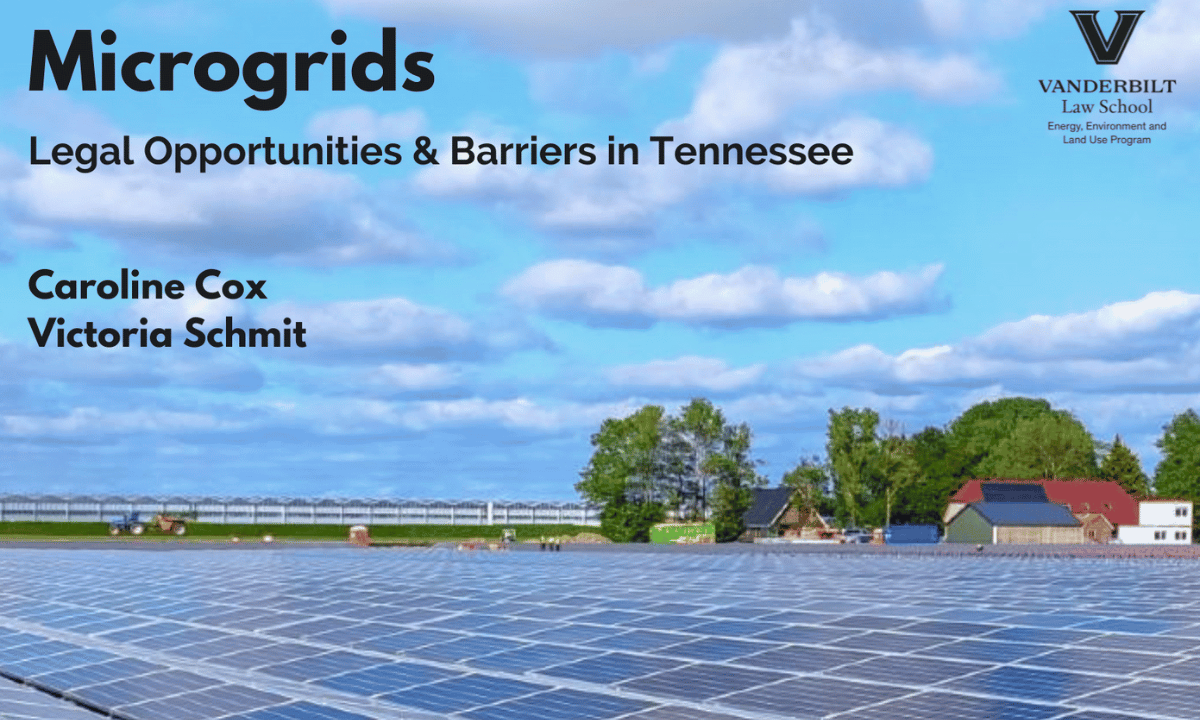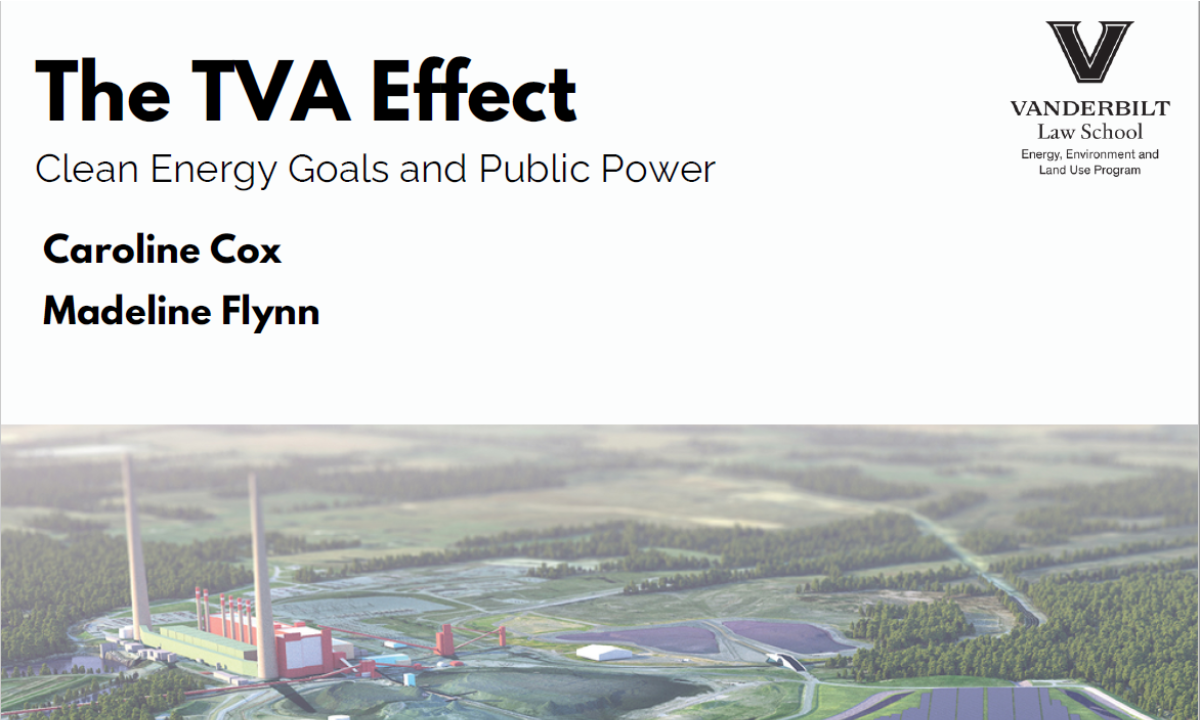Mike Vandenbergh, co-director of the Energy, Environment and Land Use Program, will moderate a discussion focusing on the oceans and geoengineering policy featuring Wil Burns, a visiting professor of environmental policy at Northwestern University, and Jonathan Gilligan of Vanderbilt University, in the Hyatt Room from 12:30 to 1:30 p.m. Thursday, Nov. 10.
Professor Burns is currently a visiting professor with Northwestern’s Program in Environmental Policy and Culture. He is also a senior research fellow for the Centre for International Governance Innovation (CIGI), and co-chair of the International Environmental Law Committee of the American Branch of the International Law Association. He has published over 80 articles and chapters in law, science and policy journals and books. He holds a Ph.D. in international environmental law from the University of Wales-Cardiff School of Law. His current areas of research focus include climate geoengineering and climate loss and damage.
Prior to 2021, Burns was a professor of research and founding co-director of the Institute for Carbon Removal Law & Policy at American University’s School of International Service in Washington, D.C. He also was the founding co-executive director of the Forum for Climate Engineering Assessment, a scholarly initiative of the School of International Service at American University, and directed the Energy Policy & Climate program at Johns Hopkins University in Washington, D.C. Before becoming an academic, Burns served as Assistant Secretary of State for Public Affairs for the State of Wisconsin and worked in the non-governmental sector for 20 years, including as executive director of the Pacific Center for International Studies, a think-tank that focused on implementation of international wildlife treaty regimes, including the Convention on Biological Diversity and International Convention for the Regulation of Whaling. He is also the former president of the Association for Environmental Studies & Sciences, and former co-chair of the International Environmental Law interest group of the American Society of International Law and Chair of the International Wildlife Law Interest group of the Society. He was founder and editor-in-chief of the Journal of International Wildlife Law & Policy and is the founding editor-in-chief of Case Studies in the Environment.
Professor Gilligan works at intersection of natural science, social science, and public policy with a focus on coupled human-natural systems and on the ways in which scientific knowledge and uncertainty affect policy decisions about the environment. His current work makes extensive use of agent-based models to simulate the ways that small changes in behavior at the individual level can add up to large-scale shifts at the level of the whole population, giving what is often referred to as “emergent phenomena.” He is a co-author, with Michael Vandenbergh, of Beyond Politics: The Private Governance Approach to Climate Change, published by Cambridge University Press.


